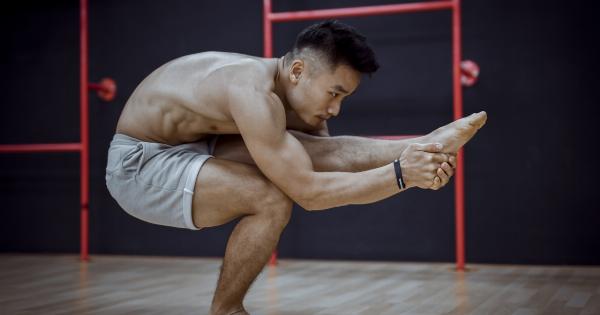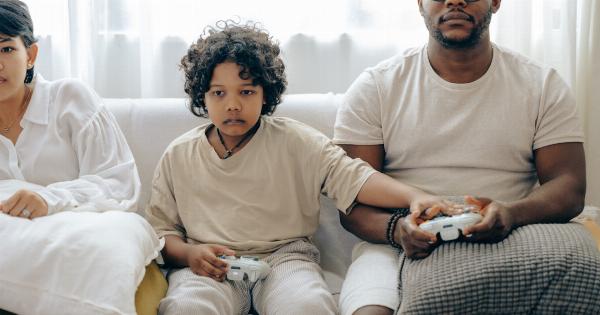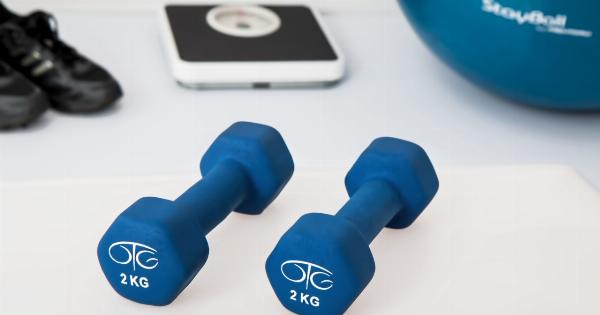Physiotherapy has long been recognized as a powerful tool in helping individuals of all ages achieve optimal physical function.
While many people think of physiotherapy as a treatment for adults with injuries or chronic conditions, it is also highly valuable in supporting the development and growth of children.
What is Physiotherapy?
Physiotherapy is a healthcare profession that helps people restore, maintain, and maximize their physical ability. Physiotherapists work with individuals to prevent physical impairments, manage pain, and promote physical activity and health.
They specialize in the assessment, diagnosis, and treatment of movement and mobility problems, using a range of hands-on techniques, therapeutic exercise, and other treatments to help people achieve their physical goals.
How Can Physiotherapy Benefit Children?
Children can benefit from physiotherapy for a variety of reasons, including:.
- Supporting the development of gross motor skills
- Helping children with disabilities achieve greater independence
- Addressing physical symptoms related to chronic conditions
- Improving balance and coordination
- Correcting postural issues
- Reducing pain and discomfort
Gross Motor Skill Development
Physiotherapy can support the development of gross motor skills in children by providing exercises and activities that promote balance, coordination, and strength.
As children grow and develop, they may experience delays in gross motor skill acquisition, such as crawling, sitting up, and walking. Physiotherapists can work with children to overcome these challenges and improve their physical function.
Disability Support
Children with disabilities may struggle with physical challenges that impact their ability to interact with the world around them.
Physiotherapy can be an invaluable tool in helping these children achieve greater independence and improve their quality of life. Physiotherapists work with children to address physical limitations, improve gross and fine motor skills, and support participation in daily activities.
Chronic Condition Management
Children with chronic conditions such as cerebral palsy, spina bifida, or muscular dystrophy may experience physical symptoms that impact their daily lives. Physiotherapy can help manage these symptoms and improve function.
Physiotherapists work with children to address physical limitations, reduce pain and discomfort, and promote physical activity and participation in daily life.
Balance and Coordination
Balance and coordination are critical components of physical function. Physiotherapy can help children improve their balance and coordination through targeted exercises and activities.
Better balance and coordination can help reduce the risk of falls and improve participation in sports and other physical activities.
Postural Correction
Postural issues can develop at any age, but they are especially common in children who spend extended periods sitting or using electronic devices. Poor posture can lead to pain, discomfort, and physical limitations.
Physiotherapy can help correct postural issues, reduce pain and discomfort, and improve physical function.
Pain Treatment
Children may experience pain for a variety of reasons, such as injury, surgery, or chronic conditions. Physiotherapy can be used as a non-invasive treatment to reduce pain and improve physical function.
Physiotherapists can use hands-on techniques, therapeutic exercise, and other treatments to address pain and discomfort.
Final Thoughts
Physiotherapy is a powerful tool for improving physical function and supporting the development and growth of children.
Whether children are struggling with gross motor skill acquisition, have a disability, or are managing chronic conditions, physiotherapy can help promote physical activity, reduce pain and discomfort, and improve quality of life.






























